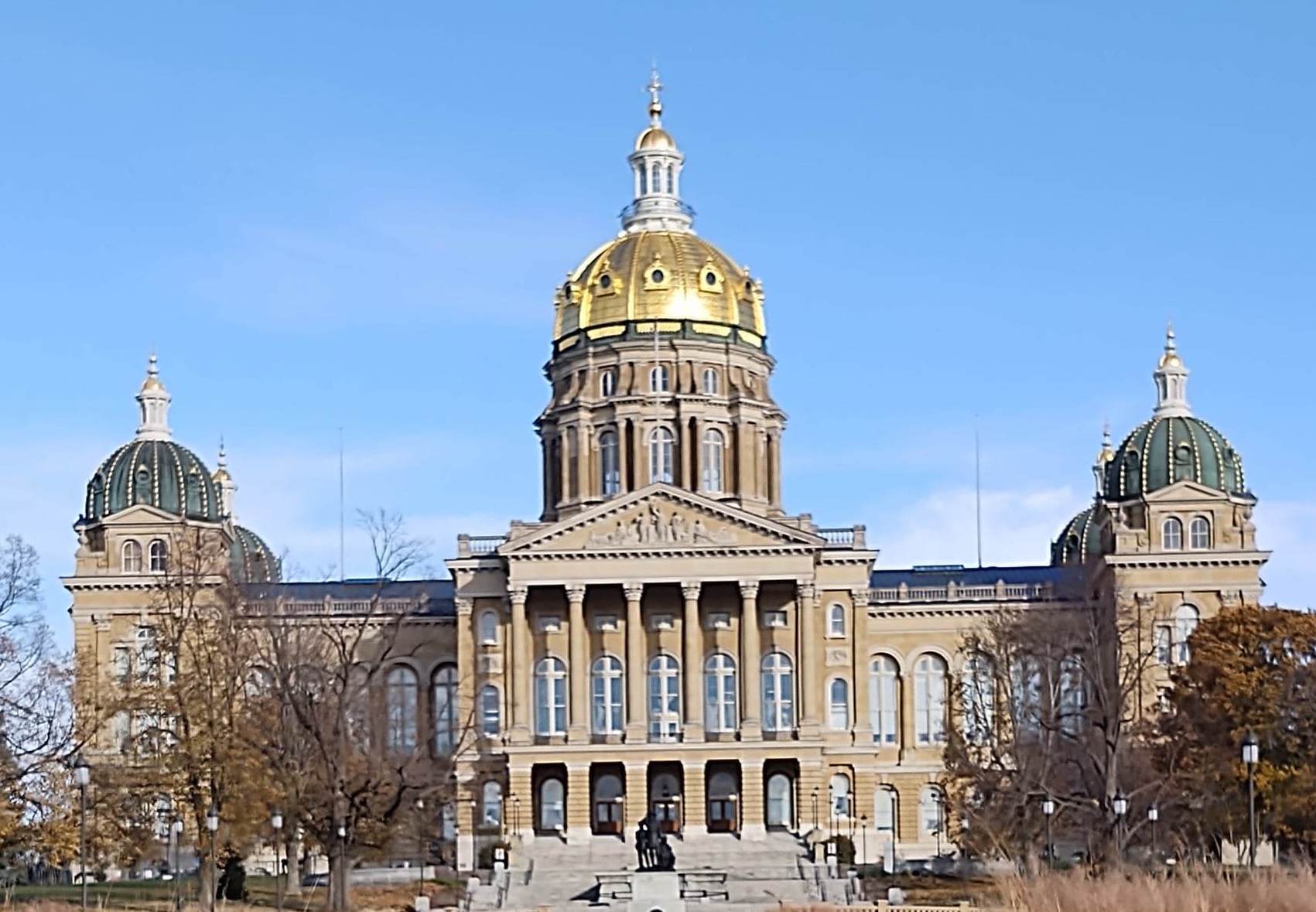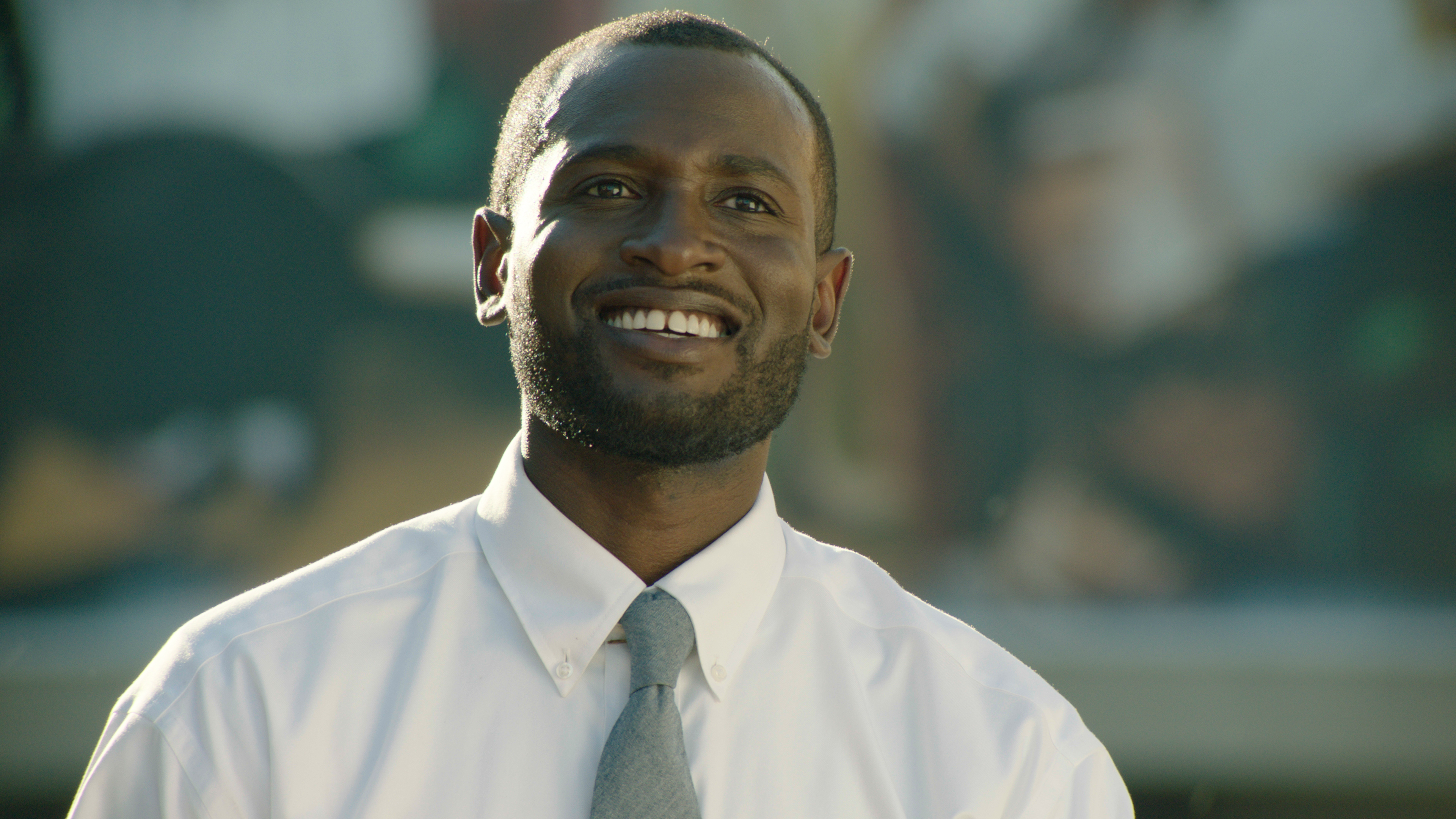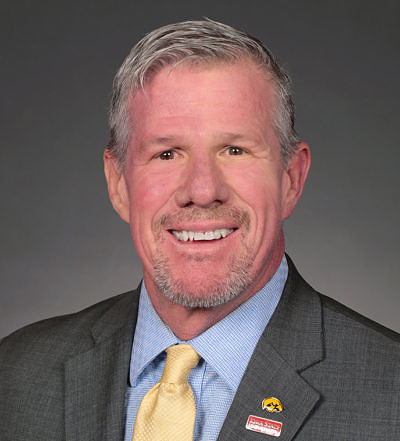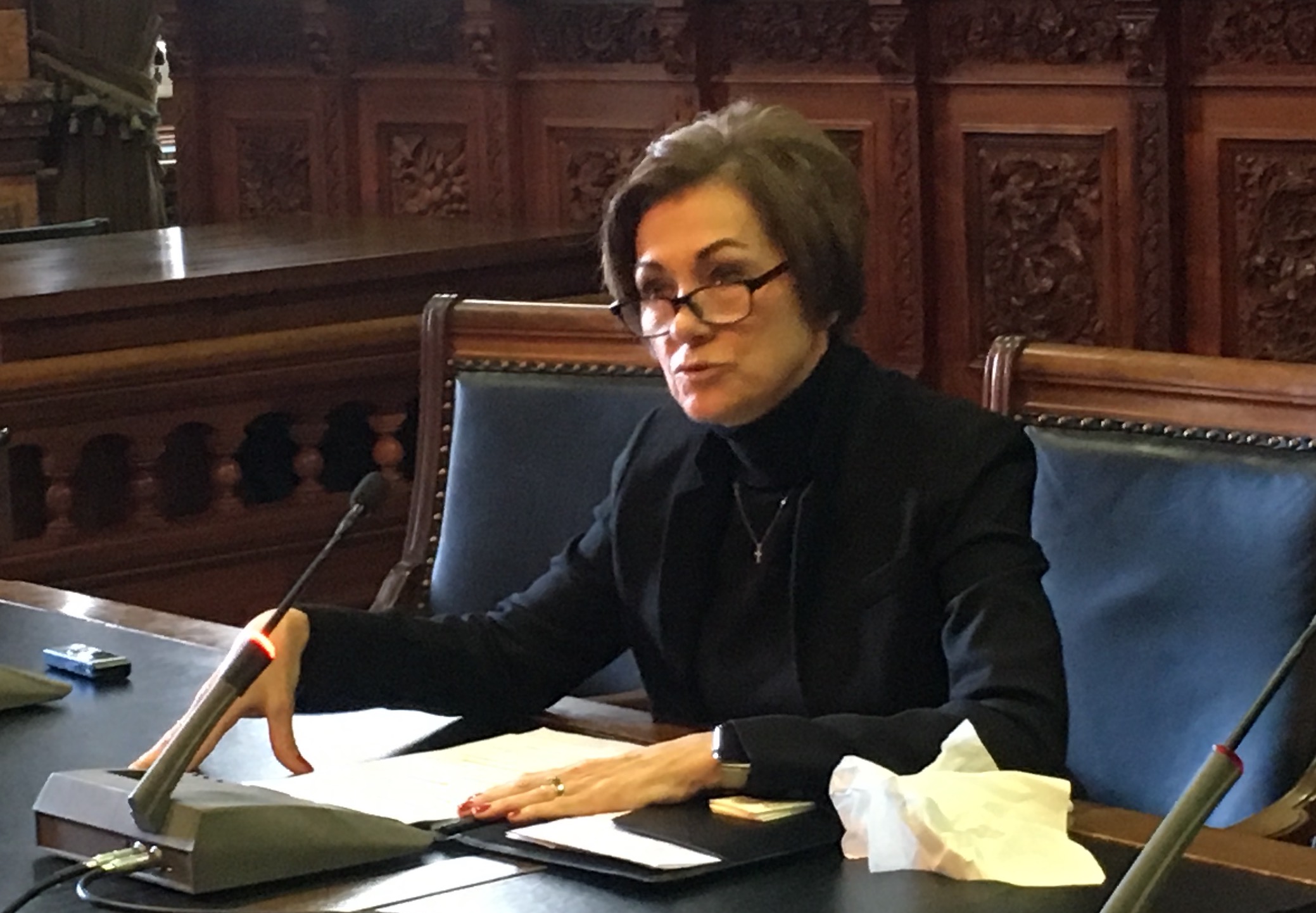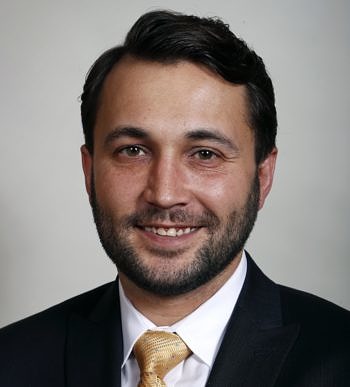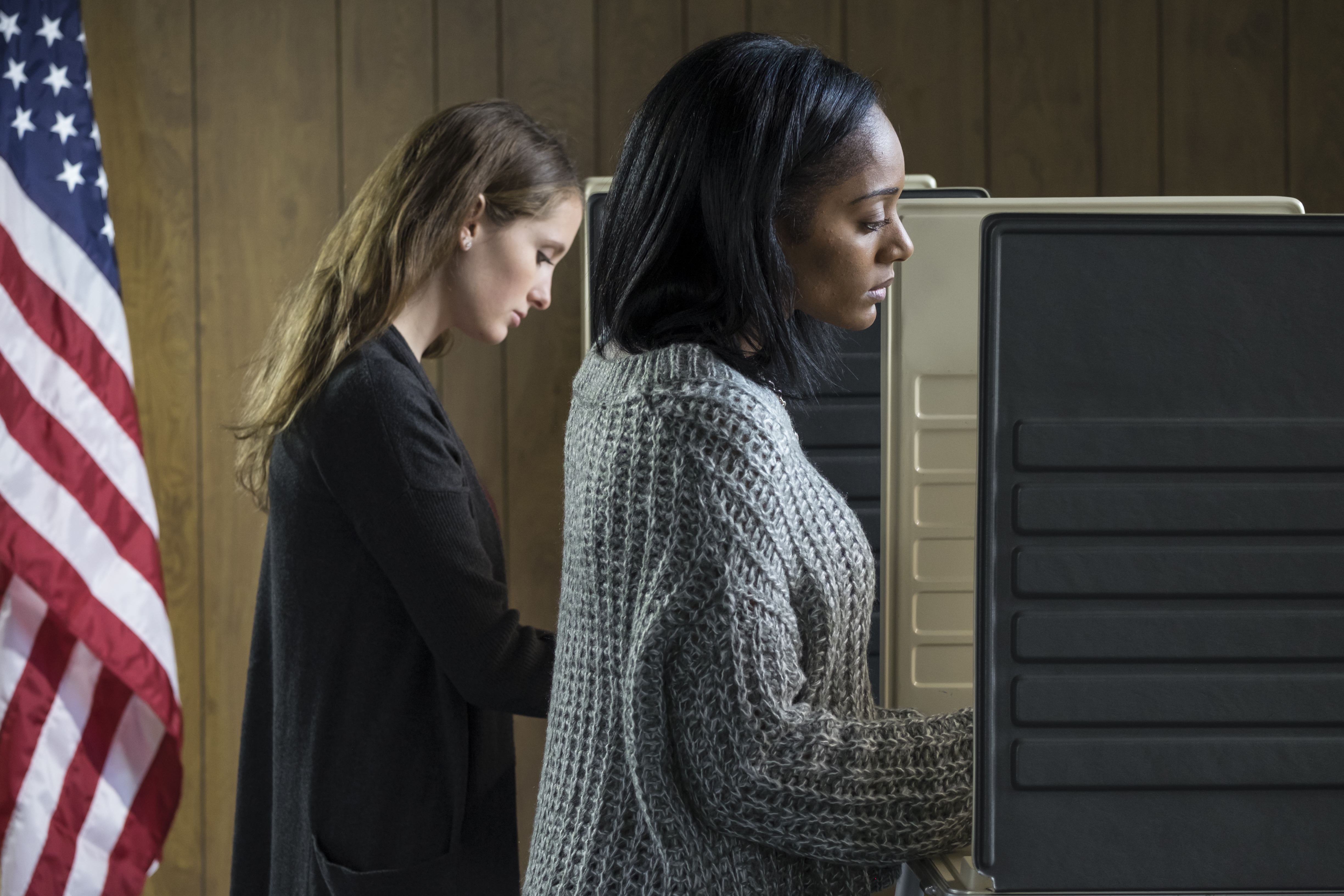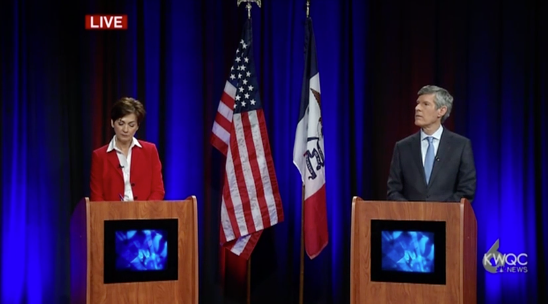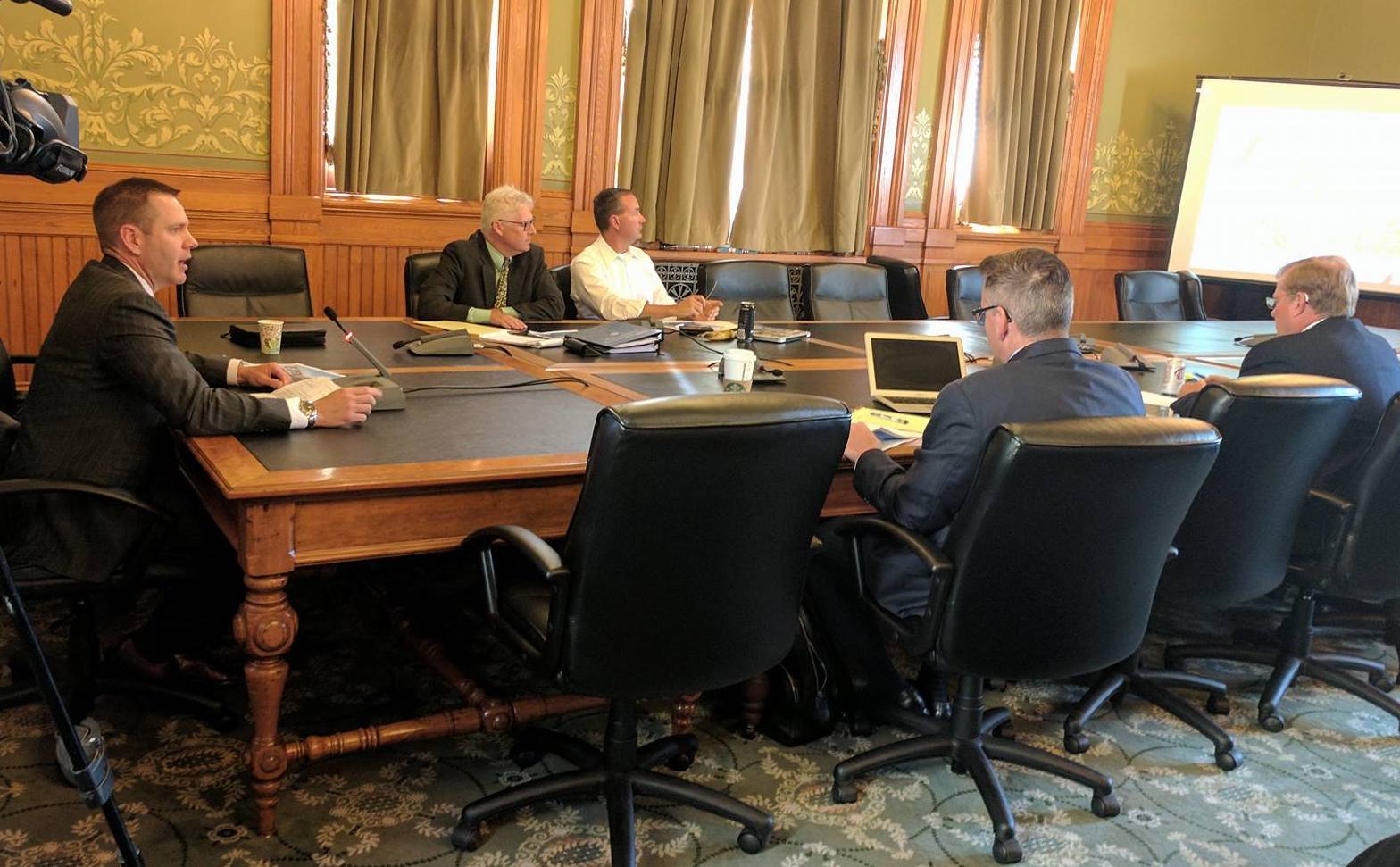The state budget is complicated. There are all kinds of ways to make the numbers add up, and you’ll never find consensus on the right approach. Increased expenditures on infrastructure look like overspending to some and a wise long-term investment to others. Tax cuts for business look like economic stimulus to some and unjustified corporate giveaways to others. Inevitably, most strategies for balancing the budget have their pluses and minuses.
Once in a while, though, a plan for plugging a budget hole emerges that is just bad on every level. Selling the Iowa Lottery is that kind of plan.
It’s bad policy because Iowa would be drastically reducing future revenue streams from the lottery in exchange for one lump-sum payment on the order of $200 million.
It’s plus-bad politics in the short term because the public will have no trouble understanding that this is a raw deal for taxpayers.
It’s double-plus-bad politics in the long term because it would play right into Republican talking points about Democrats being unable to manage public money and beholden to special interests. In fact, State Auditor David Vaudt (a likely GOP candidate for governor in 2010) has already spoken out against the idea.
Yet if a recent Des Moines Register column by David Yepsen is accurate, selling the Iowa Lottery to private investors is a done deal. Here’s an excerpt from his column:
So we need to start calling this for what it is: It’s a sweetheart, giveaway deal. It goes to a bunch of wealthy Democratic campaign contributors. It’s done to make a quick repair to a budget screw-up.
Democratic legislative leaders, who’ve taken hundreds of thousands of dollars from these gambling interests over the years, are now being asked by those donors and supporters for a return on that investment.
Organizers of the move say they’ll pay the state at least $200 million, plus give the state 22 percent of the gross receipts, in return for running the lottery for 49 years.
However, big investors aren’t going to plunk down $200 million, plus give up a fourth of the gross receipts each year, without expecting a profit. The only way to find that profit is to find ways to get Iowans to gamble more.
That could mean a return to TouchPlay. It also could mean that Iowa pioneers cell-phone or BlackBerry gambling. The promoters say we won’t do those things. Fair enough, then expect a blizzard of gambling advertising to get us all to scratch more lottery tickets or buy more numbers games.
This idea is just flat-out poor public policy. Iowa netted $57 million a year last year from lottery profits. Assuming that figure stays the same for the next 49 years, Iowa will give up $2.8 billion during that time to pocket $200 million now. If the gamblers pay a 22 percent gross-receipts tax to the state on top of their $200 million payment, Iowa’s lost revenue would be $2 billion, give or take a few million.
Don’t two generations of Iowa schoolkids need that $2 billion more than a bunch of gambling businesses and the out-of-state hedge-fund operators who’ll bankroll this thing?
If the lottery sale goes forward, expect to see variants of those points in Republican-funded attack ads against Governor Chet Culver and our incumbent legislators in 2010.
Culver and statehouse leaders can say political contributions from gambling interests and their advocates had nothing to do with this decision, but don’t expect that story to stick. Not when people in the gambling business are among Culver’s largest individual donors and have given generously to the Democratic House and Senate campaign funds.
Speaking of GOP talking points, Iowa Republicans haven’t been known for their brilliant political strategy lately, but I give credit to them for the very clever proposal they floated at a press conference on Thursday: sell the Iowa Lottery to the state public employee pension system.
Responding to a column published this morning by The Des Moines Register’s David Yepsen, Senate Minority Leader Paul McKinley, R-Chariton, said it appears some backroom deals have been made and Gov. Chet Culver and Democratic leaders are intent on selling the lottery to private investors. Instead, the state should consider selling it to the Iowa Public Employees’ Retirement System, known as IPERS, McKinley said.
“This is only a scheme to get some very short-term financial gain for some long-term budget pain,” McKinley said. “There are other options that we should pursue, and one of those options that we’re pursuing is that the IPERS board look into buying the lottery.” […]
House Minority Leader Kraig Paulsen, R-Hiawatha, said Republicans don’t think the lottery should be sold, but if it is, the deal should not be limited to big Democratic donors. Dan Kehl, an Iowa casino operator who is heading a consortium that hopes to lease the Lottery, donated $25,000 to Culver in 2007.
“If we are looking at that, we need to ensure everyone gets the opportunity to bid on it, and if the rate of return is 17 percent, that sounds like a good deal for IPERS and they need to look at that,” Paulsen said. […]
IPERS manages a multibillion-dollar investment portfolio that finances the retirement benefits more than 300,000 Iowans. Since July it has lost more than $4 billion in the stock market.
Republican legislators have set themselves up very well now. They are on record opposing the sale of the Iowa Lottery, but they are also reminding people that the state budget could reap short-term proceeds from selling the lottery without rewarding a handful of large Democratic donors. Think about how many Iowans have a family member in the IPERS system.
If Democratic leaders are smart, they will announce that selling the Iowa Lottery is off the table.
UPDATE: I’m pleased to report that on January 24 Culver’s chief of staff Charlie Krogmeier said, “There is no plan to sell or lease the lottery. Period.”
SECOND UPDATE: The Cedar Rapids Gazette has more from Krogmeier:
“The idea that the Iowa Lottery might be leased is getting more attention from pundits and partisans than it deserves. There is no plan to sell or lease the lottery – period,” he said. […]
Krogmeier said he was concerned the lottery issue was erroneously being cast as the governor’s plan when the extent of Culver’s involvement has been agreeing to one meeting with a private group that pitched a lottery lease proposal.
“This has become nothing more than a silly political game that some in the Republican Party want to play, and at a time when Iowans want a balanced budget and deserve bipartisan results,” he said. “This much is certain: when the governor releases his budget proposal in a few days, it will not include a line item reflecting a lease of the lottery.”
Continue Reading...





